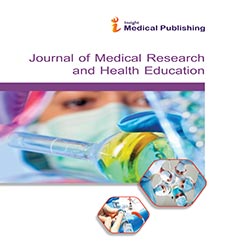Climate Change presents to the Emergency Department & Critical Care Unit: Will we recognize it and are we ready?
Abstract
Climate change (CC) is arguably the largest threat to human health, yet many healthcare providers (HPs) are unaware of the burden of CC on illness and potential disruption to healthcare delivery. As the planet warms, there will be an increased frequency and intensity of severe weather events, heat waves, floods, and drought. While the immediate consequences of extreme weather events are understood by most emergency department (ED) and critical care HPs, including traumatic injury and death, there are other significant health effects, including illness associated with water system contamination, shortages of medications required for premorbid health conditions and even carbon monoxide poisoning from the indoor use of generators after infrastructure failure. In addition, there is an emerging literature that describes the increased ED utilization during heat waves for a range of conditions, particularly heat stress, cardiovascular, respiratory, and neurological conditions. Air pollution from anthropogenic sources of combustion and forest fires are linked to CC and have a deleterious effect on respiratory, cardiovascular, and neurological conditions. The extent to which these presentations translate to critical illness is less well understood, yet there are reports of significant CC-related disruption to the delivery of critical care through health infrastructure failure. The capacity of ED and critical care units to deliver care in the face of CC requires health systems that are resilient and prepared for climate threats, and adept at adjusting to the flux of patients that require services. We will discuss CC's health effects and recommendations for improving health system resiliency.
Open Access Journals
- Aquaculture & Veterinary Science
- Chemistry & Chemical Sciences
- Clinical Sciences
- Engineering
- General Science
- Genetics & Molecular Biology
- Health Care & Nursing
- Immunology & Microbiology
- Materials Science
- Mathematics & Physics
- Medical Sciences
- Neurology & Psychiatry
- Oncology & Cancer Science
- Pharmaceutical Sciences
